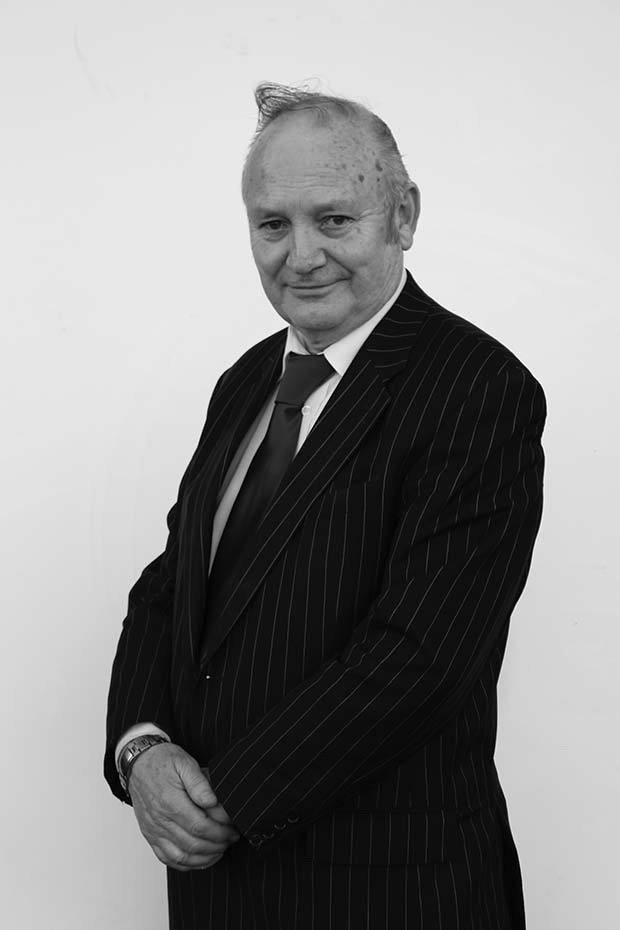Significant cuts in global CO2 emissions over 2014 and 2015, despite economic growth of plus 3% in both years, point to big progress in the switch from fossil fuels to renewables, like solar and wind power and within this fall is the move away from diesel and LPG forklift fuels towards cleaner, quiet electric and the take-up of other renewable fuels like hydrogen and bio-mass.
 It is not, however, just the truck operator concerns for a cleaner, healthier working environment that is seeing diesel and LPG dropped but also the big advances in electric batteries, chargers and management systems that have helped eliminate the one big advantage diesel and LPG had over electric – higher performance.
It is not, however, just the truck operator concerns for a cleaner, healthier working environment that is seeing diesel and LPG dropped but also the big advances in electric batteries, chargers and management systems that have helped eliminate the one big advantage diesel and LPG had over electric – higher performance.
If however, deciding to switch to electric there are issues that need addressing if the maximum efficiency is the be achieved, and the golden rule here is to avoid buying cheaply, because as with forklift trucks performance can vary widely and so it is the life cycle cost that should engage minds most.
Chargers, in particular, need careful consideration. A conventional 50 Hz forklift battery, commonly used throughout the UK, delivers an overall efficiency of about 56%, says battery supplier, Manbat. Their new intelligent chargers deliver up to 84% efficiency. The cheaper batteries will fail quicker and deliver shorter shifts. Moreover, inefficient chargers not only use more energy but also hasten the battery’s decline, leading to greater whole life costs.
Battery charger specialist, Fronius, set new standards recently with the self-regulating “Ri” charging process, which automatically adapts the charging characteristics according to the type of battery, age, temperature and discharge level. As every single charging cycle is unique, it minimises harmful overcharging and warming of the battery to deliver a remarkable charging efficiency level of 90%.
One issue that is certain, believes industrial battery supplier Hoppecke, is that strong growth in demand for electric power will continue which, says the company’s MD, Jason Howlett, makes well-managed energy storage systems absolutely vital. He claims that Hoppecke is the only company that can provide integrated energy solutions, balancing motive power demand with renewable energy generation through solar and wind technologies.
It seems certain, however, that other forms of electric power will displace the long-established leadacid batteries, such as lithium-ion, fibre nickel cadmium and Iron Phosphate, the last of these being promoted by the Chinese company, BYD. One must not forget, too, the growing take-up of hydrogen fuel cells by major forklift companies like Hyster and Yale. While hydrogen fuel cells cost much more than lead-acid, if they are used in large fleets on multishift operations they could deliver a ROI of only 12 months, according to some claims.
What then, is the future for diesel power? Views vary. Chevin Fleet Solutions says fleets are unlikely to move markedly away from diesel power unless major tax and legislative changes are introduced. It’s true that diesel popularity has been very much driven by tax regimes and legislation that were designed to favour minimising of CO2 emissions to combat global warming because in this respect petrol was more damaging than diesel. It will probably not be long, however, before the tax regime and legislation change to favour cleaner fuels.




Comments are closed.